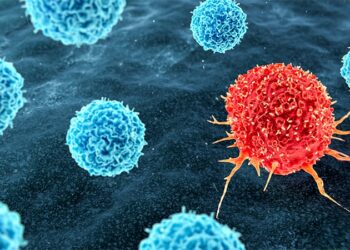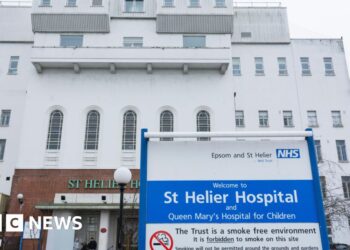TOPLINE:
Women who have experienced infertility without fertility treatment show a 25% higher risk for systemic autoimmune rheumatic disease (SARD) up to 9 years after delivery compared with those without infertility. The association persists even after accounting for adverse pregnancy outcomes.
METHODOLOGY:
- Population-based cohort study analyzed 568,053 singleton births among 465,078 women aged 18-50 years without pre-existing SARD in Ontario, Canada, from 2012 to 2021.
- Participants were categorized into four groups: No infertility with unassisted conception (88.0%), infertility without fertility treatment (9.2%), infertility with noninvasive fertility treatment (1.4%), and infertility with invasive fertility treatment (1.4%).
- Researchers used marginal structural Cox proportional hazards models to generate hazard ratios and 95% CIs, adjusting for sociodemographic characteristics, comorbidities, smoking, and adverse pregnancy outcomes.
- Analysis included a median follow-up duration of 6.5 years (interquartile range: 4-9 years) from delivery date until SARD diagnosis, death, loss of health insurance, or study end.
TAKEAWAY:
- The incidence rate of SARD was 12.5 per 10,000 person-years in women with untreated infertility, compared with 9.3 per 10,000 person-years in women without infertility.
- Women with untreated infertility showed an elevated risk for SARD (controlled direct effect hazard ratio [HR], 1.25; 95% CI, 1.12-1.40) even after accounting for adverse pregnancy outcomes.
- Neither noninvasive fertility treatment (total effect HR, 1.06; 95% CI, 0.79-1.42) nor invasive fertility treatment (total effect HR, 0.97; 95% CI, 0.69-1.36) were associated with increased SARD risk.
- The association between untreated infertility and SARD persisted in analyses restricted to women aged
IN PRACTICE:
“Future research efforts should seek to corroborate this association by infertility cause, with a focus on possible mechanisms related to ovulatory, ovarian, and sexual dysfunction. Greater health provider awareness of SARD symptoms and related gynaecological issues that may present in women with infertility could facilitate earlier detection and treatment of SARD during the reproductive years,” wrote the authors of the study.
SOURCE:
The study was led by Natalie V. Scime of the Department of Health and Society, University of Toronto Scarborough in Toronto, Ontario. It was published online in Human Reproduction.
LIMITATIONS:
Exposure and outcome misclassification was possible due to the use of published algorithms in health administrative data with unknown or imperfect sensitivity and specificity. The researchers noted that individual-level social and lifestyle factors and underlying causes of infertility were not available, and thus, were not included in the analysis.
DISCLOSURES:
This research received funding through a Banting Postdoctoral Fellowship to Scime and Canada Research Chair to Hilary K. Brown (2019-00158), with support from ICES, funded by an annual grant from the Ontario Ministry of Health and the Ministry of Long-Term Care. May Y. Choi disclosed consulting for Celltrion, Werfen, Organon, MitogenDx, AstraZeneca, Mallinckrodt Canada Inc, and GlaxoSmithKline. All other authors reported no conflicts of interest.
This article was created using several editorial tools, including AI, as part of the process. Human editors reviewed this content before publication.
Source link : https://www.medscape.com/viewarticle/untreated-infertility-linked-higher-risk-systemic-autoimmune-2024a1000mmh?src=rss
Author :
Publish date : 2024-12-09 08:30:24
Copyright for syndicated content belongs to the linked Source.














